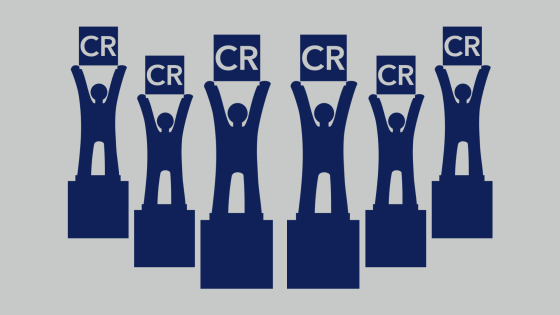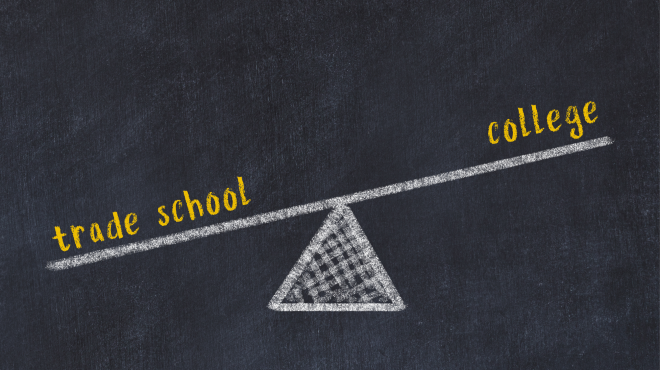Let’s start with some quick definition of terms. A trade school is a specialized educational institution that allows you to pursue a course of technical education related to a specific skill. Common courses of study include mechanical, electrical, automotive, carpentry & plumbing. But trade schools may also include fields as diverse as culinary arts, music production, broadcasting, graphic design, computer programming, fashion design, cosmetology, & filmmaking. In the field of healthcare alone, from nursing to the administration of an ever-growing array of medical technologies, trade skills are in demand nationally.
According to The Atlantic, The National Center for Education Statistics cites a rise in trade school enrollment, from 9.6 million students in 1999 to 16 million in 2014. This jump may be attributable in part to a rising emphasis on the technical, mechanical, and engineering skills surrounding computer science and computer programming. Our rising dependence on technology continues to create excellent career opportunities & earning potential for professionals with trade school backgrounds. More schools equal more need for copiers, printers and scanners, and a higher demand for products like PaperCut MF.
So why wouldn’t trade schools benefit from using PaperCut MF? The answer is they would, and they can. PaperCut MF has already helped the public-school sector, like Little Rock’s School System all the way up to higher education schools like UAMS. Vocational or trade schools will need to manage and track printing, scanning, and copying just like any other educational facility. Every school has a bottom line, introduce PaperCut MF and show them what it can do for their organization.
According to the Consumer Price Index, the cost of college climbed 74.5% between 2000 and 2016, an era notably intersected both by a crippling economic recession and a rise in trade school enrollments. Today, Americans collectively own more than $1.5 trillion in student loan debt. And with an estimated 40% of college graduates enduring sustained underemployment in the so-called “gig economy” largely working in roles that don’t require a college education like Uber, Starbucks and GrubHub the ROI for a four-year bachelor’s degree is earning new scrutiny.
If trade schools have filled in the college enrollment slump, then that means it filled in the potential demand for more copiers & printers, which is a HUGE opportunity for more PaperCut MF licenses.





